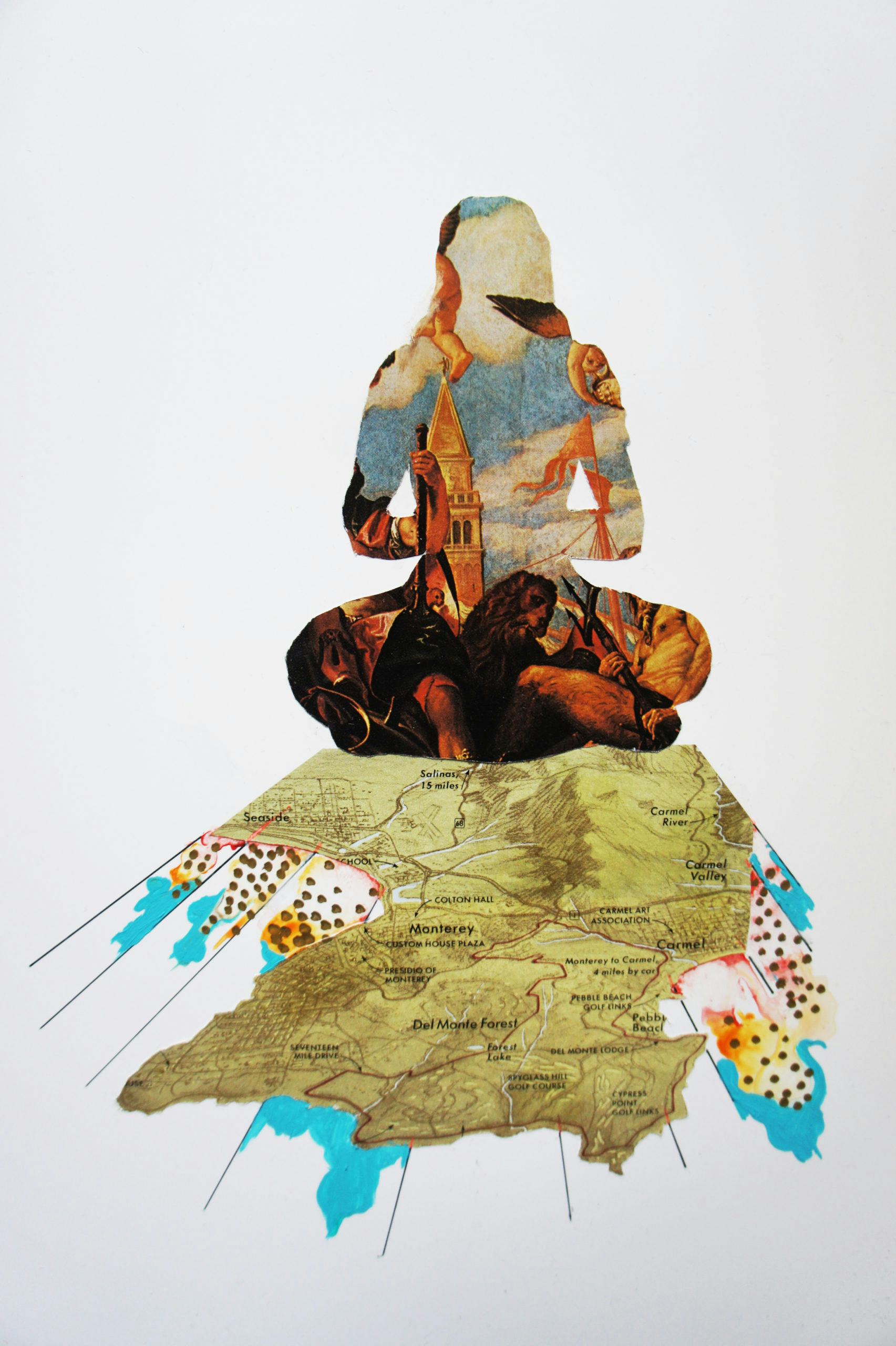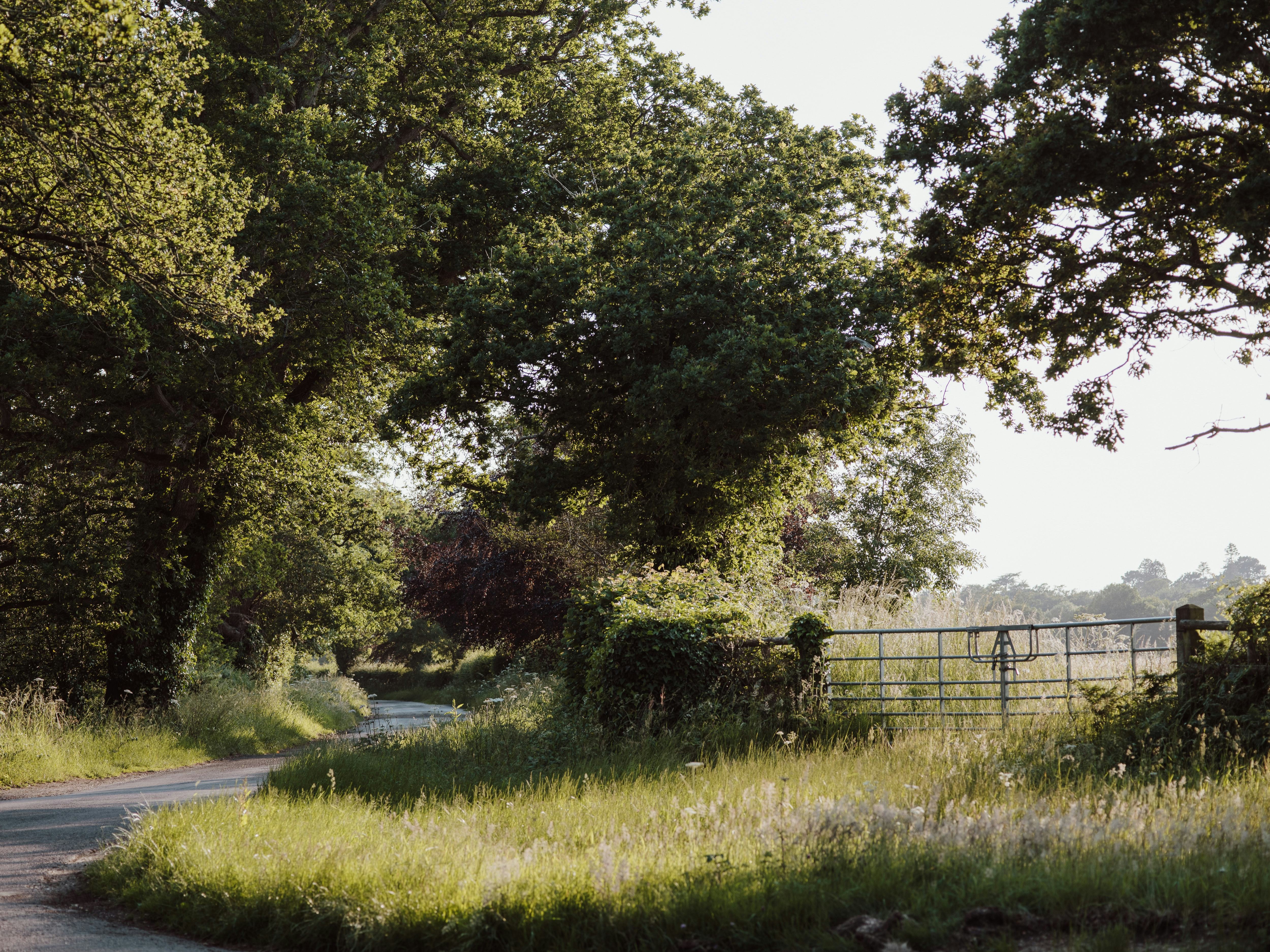About 20 hours after my second COVID-19 vaccination, I awoke from a nap with a foot cramp that took my breath away. I hobbled to the bathroom for more Ibuprofen, then sat down at my desk and reached for the last pen in the box.
I had snagged this box from church over a year ago when I began working from home during the pandemic. Of the 12 pens, my eight-year-old has commandeered a few for his schoolwork. But he prefers pencils. Most of the pens I have written dry.
They are Uni-ball gel pens, the Signo 207. This pen glides across the page, whether the words themselves are clunky or not. (Like that last sentence.) The ink dries almost instantly, so my hand will not smear it even when a rush of words bursts from my head to the page.
I write nearly every day. I handwrite the first drafts of my church work — sermons, prayers, newsletters. Each week I also pen at least a half dozen letters to different parishioners expressing support, sympathy, and the occasional silliness (like a good-natured limerick). During Lent, I have written a daily haiku, which I’ve often mailed to a friend. It’s one of the ways I’ve tried to reach out safely to others.
Human connections have been tenuous in the pandemic. It helps to slow down and be intentional about what you share. Sonia Sanchez said a haiku “puts you on pause,” and I like to think my letters prompt someone to reflect upon our relationship.
I also write for myself.
With these Signo 207s, I have written other poems as well as stories, op-eds, and essays of varying tone and subject matter. I’ve spilled a lot of ink in reference to COVID-19. Pandemic or not, I write to process my experience, most especially when life doesn’t make sense. I write to endure. And I write for pleasure.
“We write to taste life twice,” claimed Anais Nin, a prolific diarist. For me, it is not only writing but revising — “looking again” — that offers insight into my own feelings and human connections. Looking back over what I’ve just penned about my cramp, my foot flares with renewed pain. Reading on, I pause to consider my passing mention of my son’s preference for pencils. He laments that he can’t erase with a pen. He wants his work to be flawless, a perfectionist’s desire that both echoes and aches in my own childhood memories.
Last week, my wife coached our son in the poetry assignment for his virtual class that morning, explaining the structure of the traditional haiku. She later described to me how he picked up his pencil and set down a three-line poem on his lined notebook paper. Little hesitation. No erasing. That afternoon, I asked if I might read his haiku, and our son recited it from memory:
Snowflakes are falling.
Some animals hibernate.
Soon they will wake up.
Now I have inked his haiku on my paper like footprints across freshly fallen snow. Looking back over it, I retaste my pride in his accomplishment, even more satisfying because he was proud of himself — he recited his own poem! “Soon they will wake up.” Hope in only five syllables.
There will be a thawing, a spring, a new world.
As I write, my hope is admittedly tempered by the lurking presence of variants in the COVID-19 virus. But I am grateful to have been vaccinated along with my wife as clergy members. For 24-hours after the shot, she and I had planned in advance for my parents to care of all three of our young children so that we could rest and recuperate. The time alone has been a gift, for we have both felt achy and fatigued.
Foot cramp notwithstanding, I now feel like I have turned the corner. As I write to the end of this page, I hear my wife moving around upstairs. She is up from her own nap. Maybe she will feel up for a little walk through the woods behind our neighborhood.
Then, I realize that I have not written my Lenten haiku for today.
Many of these poems have come to me as I’ve looked out the window here at my desk. It is the same scene, yet the days have gotten longer since Ash Wednesday in mid-February and more signs of spring have come to view. I have no more room to write on my piece of paper, but there is space in the margins to scribble three lines.
I eventually wrote a couple of drafts, looking through the window and back to the page, before finally settling on this:
first bursts of redbud
like fireworks suspended
in still air of spring
Andrew Taylor-Troutman is the author of four books, most recently, Gently Between the Words: Essays and Poems. He writes for The Porch, Sojourners, The Presbyterian Outlook, and a weekly editorial in the Chatham News + Record. He is a Presbyterian pastor and lives in Chapel Hill, North Carolina with his wife and three young children.
Discover more from Andrew Taylor-Troutman.









